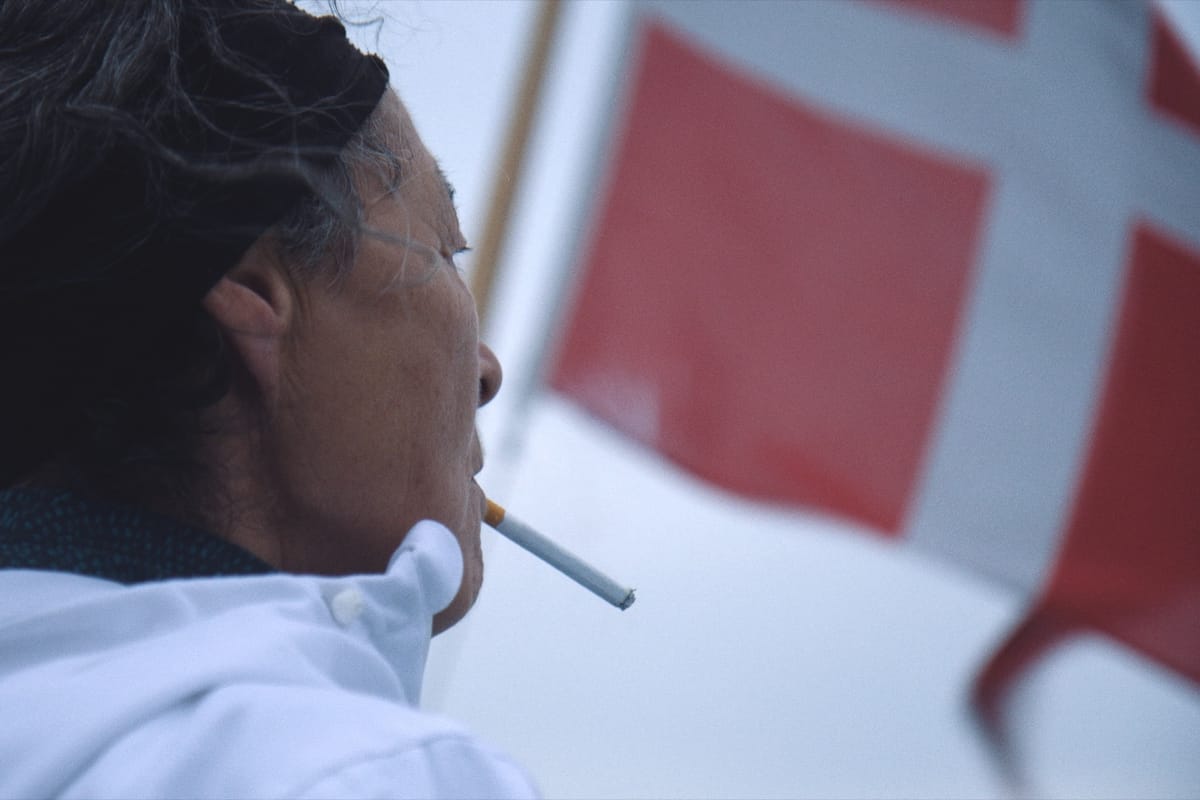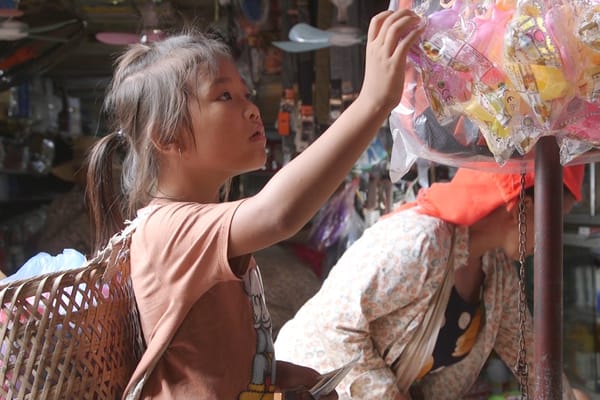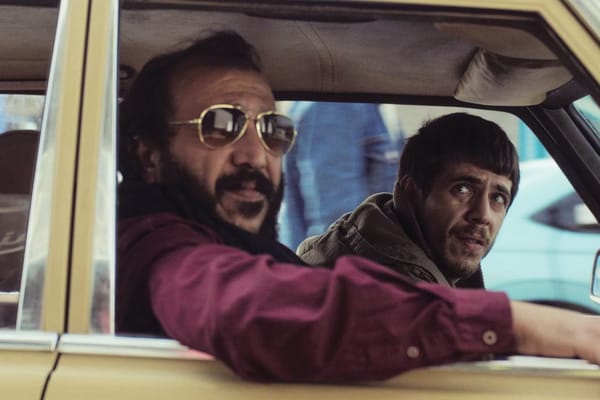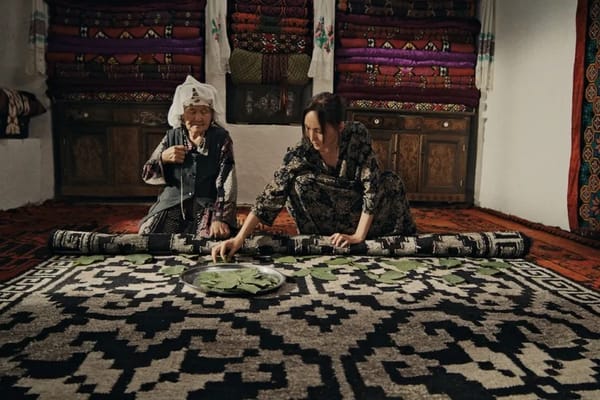Co-producing Across Colonial Borders; Working Between Europe & the Global South

One issue that comes up repeatedly in the conversations I’ve had with producers in Asia and the Middle East over the years is the difficulty of setting up co-productions between ‘established’ (usually meaning Western European) nations and ‘developing’ nations.
Of course, there are other established film producing territories with access to private equity and state funding systems, such as Canada, Australia and New Zealand, and while they vary in their level of support and co-production activity, Korea, Taiwan and Japan. But traditionally, indie filmmakers in South Asia, Southeast Asia and the Middle East – who often lack financing resources in their home countries – turn to Western Europe for funding, festival exposure and international distribution.
While this can result in happy outcomes, there are also frustrations with this Euro-centric funding and distribution model – from power imbalances and lack of cultural understanding to logistical issues around structuring co-productions between countries with wildly differing costs.
So, it was interesting to see European producers training provider EAVE organise a think tank in Trieste in January to explore this very subject, the findings of which were published as a report in Cannes. EAVE also hosted a panel in Cannes to follow up on the think thank and report, the major points of which are summarised below.
I’m hoping that after reading this newsletter, Streamlined readers will contact me to share their experiences for at least one further follow-up piece. Streamlined was set up for exactly this reason – to explore a non-Hollywood or non-Euro-centric perspective on the international film industry. It was refreshing to hear EAVE talking about trying to find ways to work with the rest of the world outside of age-old colonial structures (thanks to Kristina Trapp and Tamara Dawit for the invitation to the Cannes panel). Now I’d love to hear your thoughts..
EAVE Impact Report On Inclusive Co-productions
EAVE’s Cannes panel covered a lot of ground, but one issue that came up repeatedly when discussing the existing system of nation-to-nation co-production treaties is that they’re often based on colonial borders that don’t reflect the realities of the peoples, cultures and language groups that transcend those borders.
Mohamed Saïd Ouma, executive director of Nairobi-based fund and support agency Documentary Africa, said this was especially true in the African continent: “Treaties usually come from the old colonial relationship, so Morocco has a lot of treaties, Senegal, South Africa, Nigeria is trying to get some. But treaties should just be a starting point [for setting up a co-production]. We need to be more nimble because, for every film we’re funding, it’s a special case.”
Anorak Film’s Emile Hertling Peronard, a Greenlandic producer based in Copenhagen, used the example of Twice Colonized [PICTURED ABOVE], a documentary he produced last year about Inuit lawyer Aaju Peter and her lifelong fight for the rights of her people.
Describing the film as “the first Inuit co-production across colonial borders”, Peronard explained that the Inuit people have been separated by national borders for hundreds of years, which makes it difficult for them to work together, even though they have the same culture, history, tradition and almost the same languages.
“In order to make the film, my Inuit colleagues in Canada had to do an inter-provincial co-production within Canada with a non-indigenous, Montreal-based production company that could leverage the project towards Canadian funders – and I had to set up a company in Copenhagen to co-produce with myself in Greenland to be able to maintain the delegate producer role in this co-pro,” Peronard explained.
To read the rest of this article, subscribe to the 'Streamlined' newsletter: STREAMLINED




